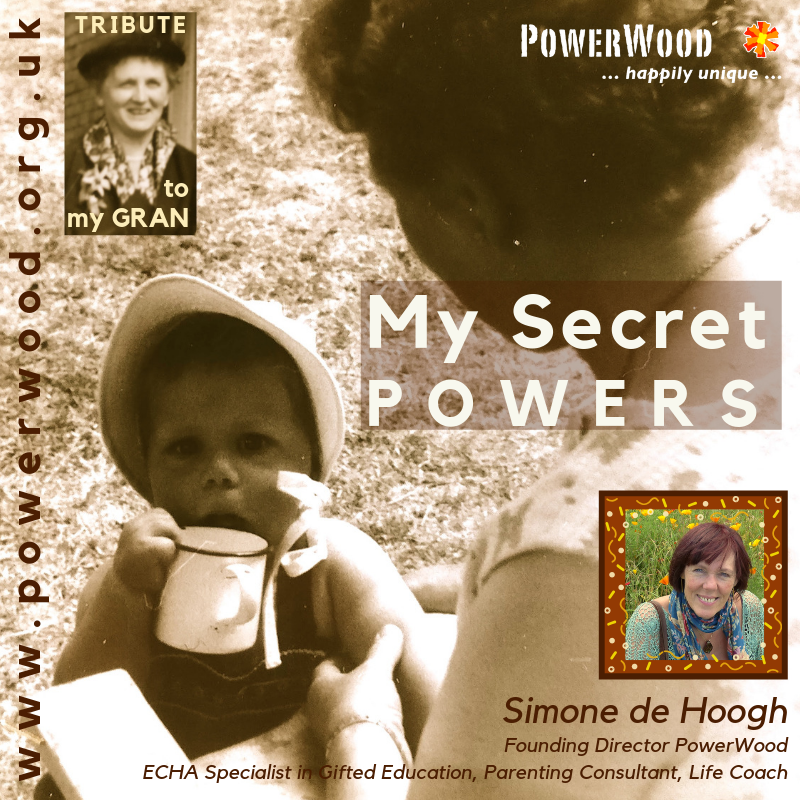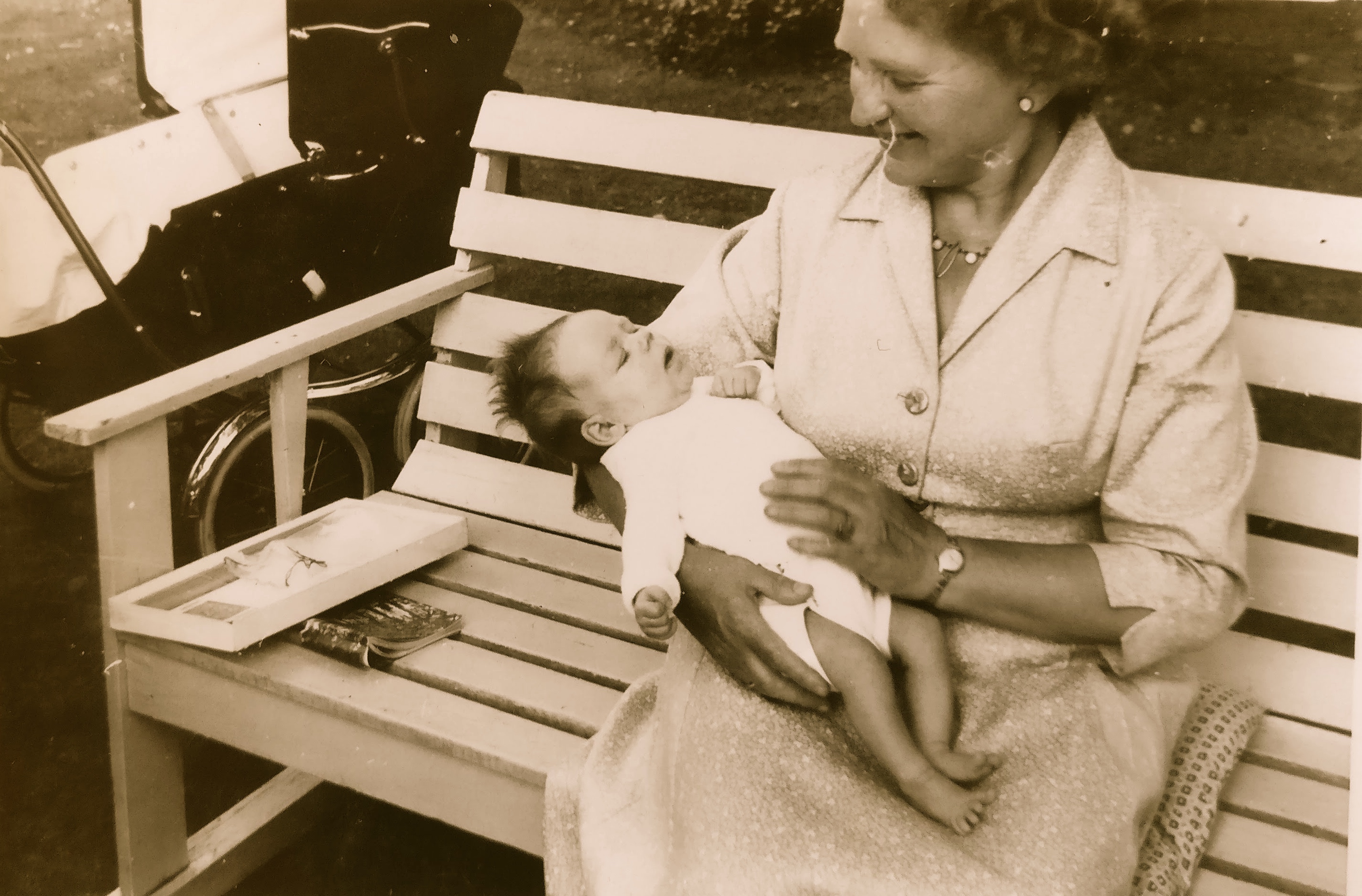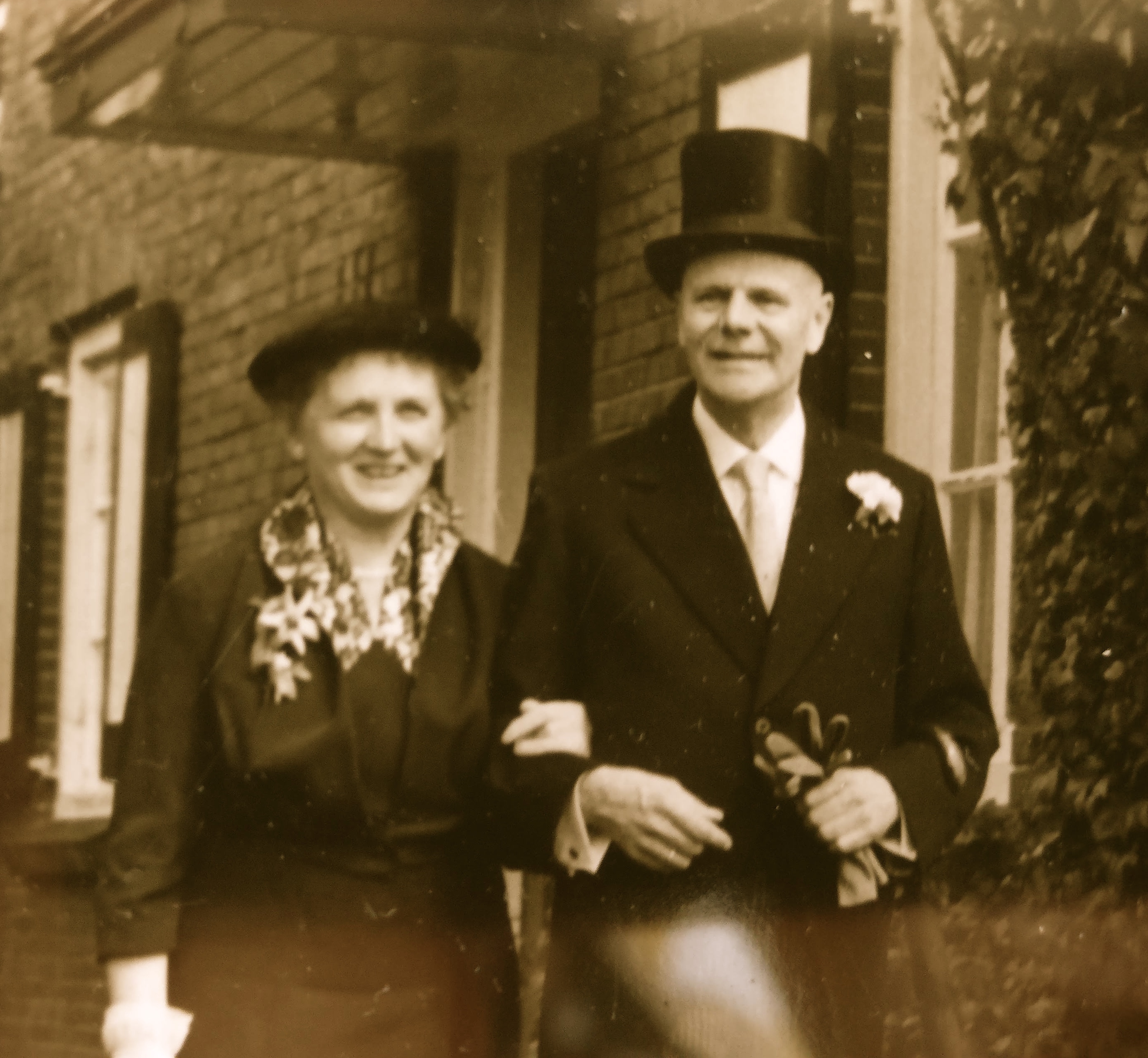
Standing Out as a Pre-Teen
When I was 11 years old I was already over 1.80m (5.9f), and my very petite mother was seriously considering a chirurgical intervention to prevent me growing taller.
At the time, I hadn’t grown into my body yet and felt very awkward. I had always been clumsy but now my clumsiness was epic. I would fall over my legs and bump my hips on doors.
I felt uncomfortable with my different body odour, my changing female parts, my too broad shoulders, greasy straight hair – and no that was not a good thing – and my height: sticking out at least more than a head above all of my peers.
I didn’t recognise myself anymore, I was reflecting on things I didn’t comprehend. I was emotionally triggered most of the time. I felt overwhelmed sometimes by vague dark longings or bleak scenarios and felt uneasy with myself and with others. As a pre-teen, I felt I stood out far too much.

I felt unaccepted, unappreciated or misunderstood both by others and myself. This is a very common experience for pre-teens and teens, who have lost their sense of self and still have to develop their own identity. They are in No-(Wo)Man’s Land… In between being a child and an adult without a direction to follow to get to the other side.
A lot of the time, just as many other pre-teens and teenagers, I was triggered in the Cycle of Emotional and Sensory Overload.
My Wise Woman ‘Oma’
I remember sitting beside my ‘Oma’, in the back garden of my grandparents’ house on an old fashioned white wooden bench on the grass surrounded by green bushes and trees. I was helping my ‘Oma’ with the potatoes for the coming Sunday when all her children, my mum, aunts and uncles would arrive for dinner with their children.
I said with exasperation and all the drama of a pre-teen in my voice to my grandmother:
“Why am I not beautiful?”
Expressing how challenged I felt at the time.
She turned her head towards me, laughed and chuckled, and looked at me with that warm smile on her round face and she said to me lovingly:
“Poekie”,
[yes that is where the name of my cat comes from, my grandmother called everyone she cared for, humans and animals alike, Poekie]
She pulled me into her warm embrace, I felt two soft arms around me and she kissed me on the cheek and she said:
”You can have such a friendly, sympathetic appearance if you make an effort”.
Her words, touch and Oma’s familiar peace-giving scent made me feel loved, safe and secure for a little while.
She continued to peel potatoes and said:
“I’m so glad you’re helping me, I wouldn’t manage without you”.
She kept me busy and feeling useful by sending me to the kitchen to get her more potatoes or an extra pan with water, asking me if I could clean the peeled potatoes or comb the fringes of the rug under the dinner table (😂🤪😂) and it all helped me to calm my overwhelm.

The Secret Powers my ‘Oma’ modelled to me
During the many challenges throughout my childhood, I had one valuable constant in my life and that was my ‘Oma’s’ care, attention and patience.
I feel deep gratitude towards my ‘Oma’ – who was at the time the same age I am today – this caring, wise woman, for modelling so many helpful strategies to deal with challenging situations.
1. Power of the Smile and laughing
‘Oma’ smiled at me, giving me a great feeling of being appreciated.
Have you ever noticed that smiling is contagious? Smiling is one of the deeply ingrained neurological pathways, if someone smiles at you, there is a huge chance you will smile back, and smiling gives you a better feeling about yourself and about others. The 9 Superpowers of Your Smile gives a good overview of the research-based advantages of smiling and the possible pitfalls.
Smiling and laughing together can make a huge difference in communicating effectively with a child, teenager and even your partner 😊.
2. Words are just Words (Part of Our Kind Voice Tool)
‘Oma’ did reassure me by not taking my comment seriously (and avoiding validating my ideas of not being attractive).
Children/tweens/teens often say things just to see what our response will be, to explore the connection between real life and words and find the true meaning. We tend to react to their words too seriously, and can get so caught up into our own emotional reactions to their words, especially when it triggers in us the Cycle of Emotional and Sensory Overload and keeps us from being strategic and paying attention to the feelings beneath the words of our child/teen/tween.
If a child or an adult says anything negative about him/herself or others, just ignore the words. Those words are just words and in the lid of the Pressure Cooker (socially acceptable ways to express yourself). Instead, react to the feelings in the pot. E.g. say “Ah you must feel awful/unsafe to say that (negative words/irrational fear/giving up – don’t forget Einstein said that for every good idea he had, he had 100 ideas that were a failure”. Be as vague as you can to prevent argumentative talk about the content. Normally, you would not talk to a teen about noticing their negative self-talk as a way to communicate. Instead, you can offer a cuddle, a “come here you need a cuddle” and cuddle her/him. Don’t directly talk about the negative self-talk because as soon as you do, it’s as if it is a real issue. And then they might get the impression you agree with their fears and you might escalate together. You can also offer a cup of tea if you feel uncomfortable offering a cuddle. You could explain he/she has a lot of ‘gap/growth potential’ energy if that is the case.
3. Giving Real-felt Compliments
‘Oma’ expressed that in her eyes I had qualities light years beyond being attractive if I made an effort, she was giving me a real felt compliment.
We have a tendency to give compliments about talents, looks and achievements and they tend to make people insecure, as we can’t influence our talents, looks and we never know if we would do well in future, maybe we were just lucky…
Compliments that makes us feel really appreciated, are those about our courage, perseverance and/ or our effort (process-related). As an example, when my daughter finished her first year of university with great results, everybody was complimenting her results and she became very grumpy (as she hadn’t done much at all) because she felt a fraud. I said “Well done YOU, that despite your boredom, you kept going and had the determination to continue jumping through all the necessary hoops of reading chapters and writing essays and being on time for all your uni obligations.” and she felt relieved to get a compliment that a. she deserved, and b. gave her the feeling I, her mum, really saw and appreciated her.
Give Compliments for:
-
- The effort, dedication, perseverance etc. (process), not the ability (talent or looks) or the achievement or outcomes (it might have been luck).
-
- As specific as we can, we never generalise.
-
- Authentically, not too much and be realistic
-
-
- Let the compliment only be related to themselves
- Ask how did they manage…
-
4. Stimulating Oxytocin
‘Oma’ cuddled me which stimulated my oxytocin (bonding hormones) and strengthened my Baseline.
People feel safest when they are being held by their loved ones. Unfortunately, during our teenage years and when we grow older, we might avoid being touched, not knowing we are denying ourselves the easiest way to become calmer.
We can look for ways to stimulate oxytocin production in ourselves. For example, if you look at television together, make sure you sit beside someone and don’t shy away from asking for an arm around your shoulder.
Research done on prairie voles showed that those separated from their siblings exhibited signs of anxiety, stress and depression that abated after they were injected with oxytocin. The study, presented at a 2007 meeting of the Society for Neuroscience, indicated the hormone’s effects were more evident under stressful situations.
5. Give to Others
‘Oma’ allowed me to give her a hand and feel valued. Going beyond our own personal desires or self-interest is one of the best ways to enhance our feelings of well-being. Our overall well-being is more enhanced when we do something for someone else. Research shows that committing an act of kindness even just once per week can help us to improve our levels of well-being and that having a higher purpose in life is tied to better brain health.
6. Power of Nature
Sitting in a green garden is soothing for the troubled soul.
It is helpful to find reasons to be in nature if you go for lunch make sure you have to walk through a park, find cycle paths going through natural environments, go for a walk on the beach, go on a holiday in a natural environment. The More Trees We’re Surrounded By, The Lower Our Stress Levels.
7. Benefits of Physical activity
‘Oma’ was sending me to the kitchen and to the house and walking to and fro, using my need to move when stressed, part of my psychomotor OE, helped to calm myself.
When planning a holiday think movement, what can you do that includes physical exercise.
Physical activity has a huge potential to enhance our well-being. Even a short burst of 10 minutes’ brisk walking increases our mental alertness, energy and positive mood. Participation in regular physical activity can increase our self-esteem and can reduce stress and anxiety. It also plays a role in preventing the development of mental health problems and improving the quality of life of people experiencing mental health problems.
8. Showing Gratitude
‘Oma’ modelled gratitude for any help offered and showed joy about my help, and I loved helping her. People who express gratitude have also been found to have better physical and psychological health.
And according to one of the world-leading gratitude researchers Robert Emmons in Thanks!: How Practicing Gratitude Can Make You Happier explained:
“We’ve studied more than one thousand people, from ages eight to 80, and found that people who practise gratitude consistently report a host of benefits:”
Physical
- Stronger immune systems; Less bothered by aches and pains; Lower blood pressure; Exercise more and take better care of their health; Sleep longer and feel more refreshed upon waking.
Psychological
- Higher levels of positive emotions; More alert, alive, and awake; More joy and pleasure; More optimism and happiness.
Social
- More helpful, generous, and compassionate; More forgiving; Feel less lonely and isolated; More outgoing”
Tribute to my Grandmother
My Secret Powers modelled to me by my ‘Oma’ helped me survive most challenges in my life in a constructive way as all my secret powers helped me to increase and strengthen my Baseline tremendously. They gave me the emotional resilience and energy to be able to access my creativity and focus on whatever I wanted to achieve and have the energy to stay on track and the courage to overcome obstacles.
I feel deep gratitude to my ‘Oma’ for her (mostly;) unconditional love and everything she modelled to me. Her kindness is with me in my heart every day!
Thank YOU 🧡 Oma 🧡!
Read on:
- Gap Energy
- Crushing Feelings led to very rewarding Eternal Quest of Self-Discovery
- Overwhelmed by guilt and shame while parenting? Congrats! (including the Awareness Mantra)
- How to stop hurting when our Child is in Pain
- Am I a Rubbish Mum? – The Unexpected Value of Self-Criticism
- Top 3 Tips to Up your Baseline (Energy and Resilience Level)
